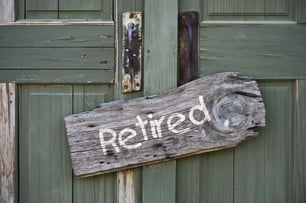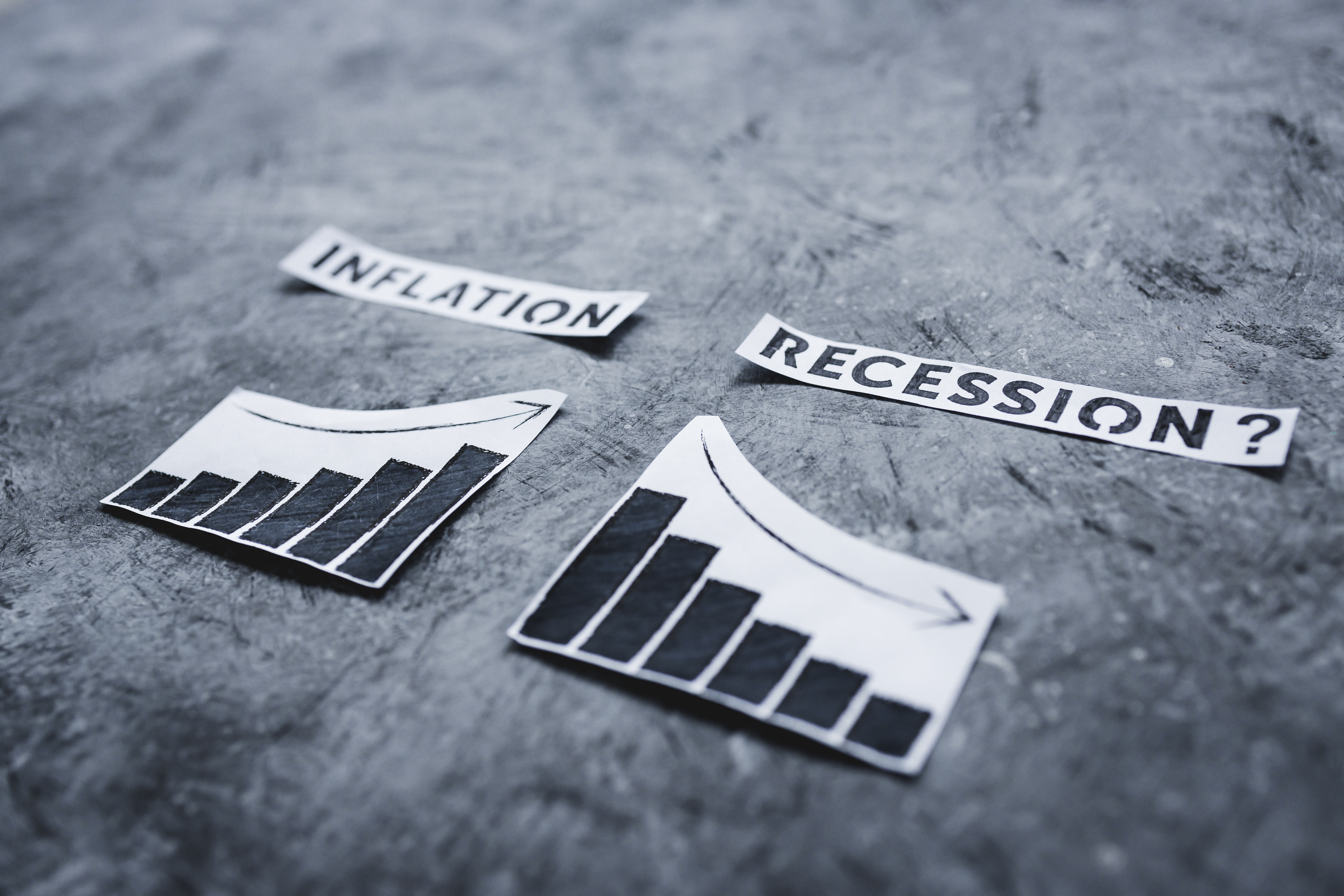Global View Investment Blog
Is A Recession Coming? 5 Things Retirees Should Consider
We empathize with our clients who come to us asking if a recession is coming. We agree that it’s an unsettling economic event to think about whether you’re retiring in Greenville, SC, or have already reached your golden years. In this article, an advocate advisor at Global View can help reduce any anxiety by showing you:
- The causes of a recession
- How to prepare for a recession (whether we experience one or not)
- How to make the most of your current assets in retirement
- How to act now to protect yourself and your loved ones
The best way to prepare for a recession, or any unsettling economic environment (like high inflation), is to have a thoughtful financial plan in place. A solid retirement plan will map out how much income you will need and how long it will last.
What is a recession, and what causes it?

Defined as a sustained period of economic decline, recessions tend to occur when the economy suffers from low growth, which can be caused by a variety of factors including:
- Decreased consumer spending or investment
- Higher interest rates impacting borrowing and lending
- Decreased employment or wages
- A decrease in net exports (exports minus imports)
If you’ve been watching the news or working with retirement financial planners to stay informed about what’s to come, this is no surprise. If you’ve been managing your wealth on your own, or need a second opinion, now is the time to reassess your savings and asset allocation within your retirement portfolio.
What are some potential signs that a recession may be coming?
Whether or not a recession is on the horizon, you should stay ahead of any financial storm by having a plan under your feet. Our investment advisors in Greenville, SC, share a list of signs that could lead to a possible recession:
- A slowing housing market is a sign of trouble. If you see home sales dropping off or fewer people looking at houses, that’s a red flag.
- Rising unemployment levels: The unemployment rate is one of the best indicators we have of how well the economy is doing. If unemployment rises, that could indicate that layoffs are happening—and that can lead to smaller paychecks and less consumer spending (which typically slows down economic growth).
- Low interest rates: When interest rates stay low for too long, it means investors are not confident enough to put money into the stock market or other investments because they fear losing money if stocks drop in value again. This leads investors who normally would buy equities to buy safer assets such as bonds, which can keep interest rates artificially low (until things stabilize again, financially speaking).
How can retirees prepare for a recession?
If you have a retirement plan in place with a well-thought-out wealth management strategy, now is the time to revisit all aspects of it. Whether you’re on the lookout for a recession or simply shielding yourself from high inflation, make sure you are prepared with the following steps:
- Diversify your portfolio
- Re-evaluate your risk tolerance
- Avoid adding any unnecessary or discretionary debt
- Keep an eye on expenses and make sure you have enough for emergencies (it’s never too late to start saving)
- Don't panic or sell your investments
- Hire fiduciary advocate advisors you can trust in South Carolina
What should you do if you're already retired, and a recession hits?
If you're already retired and a recession occurs, talk to your certified financial planners in Greenville, SC, to explore options and craft a plan of action. If downsizing to simplify your responsibilities is out of the question, ask our retirement financial planners if it’s a good idea or not to sell some of your investments while the market is down.
How can you make the most of your retirement savings during a recession?
- As an investment rule, do your best to remain calm and seek professional guidance from advocate advisors. Feeling nervous when the economy is volatile, and you see the stock market dropping is natural. However, if you panic and make rash decisions alone, it could cost you ample funds in the long term.
- Don't withdraw funds from your retirement accounts early or cash out any investments like stocks or bonds without first consulting with an advocate advisor who understands how such actions could affect your taxes and long-term financial situation.
- Reconsider selling major assets during a recession: real estate (including vacation homes), art collections, collectibles or antiques, businesses, etc.
While you can take actions to prepare for the next recession and maximize your portfolio performance during an economic downturn, there are no easy answers for whether or not a recession will happen this year or next.
If you're concerned about how future market conditions will affect your retirement savings, consult an experienced financial advisor at Global View who can help you develop strategies tailored for your unique situation; don’t change anything until then!
The best defense against a recession is being well-diversified.
Having a variety of investments, income sources, and risk factors that are not directly linked to each other is a good defense strategy. If one investment loses money while another gain, it will help balance some losses. While recessions can be scary, they can create great buying opportunities, so ask our team about opening some new doors.
Now is the best time to craft a comprehensive financial plan with a CERTIFIED FINANCIAL PLANNER™ in Greenville, SC
Your ultimate goal is to have a plan that will help you meet your short- and long-term goals no matter the economic conditions, including:
- Retirement income
- Emergency funds
- Long-term care costs (if needed)
Take advantage of tough times by updating your retirement plan to make sure they align with your goals. Suppose your current financial plan does not consider the possibility of an economic downturn (and the attendant impact on the value of your portfolio). In that case, you should update those numbers with the help of Global View for worry-free portfolio management.
The bottom line: Always be prepared for the worst, without panic.

Written by Matthew Crider
Matt is a CERTIFIED FINANCIAL PLANNER™ professional who has been in the financial advisory business since 2008. He holds a BA in Marketing and Management from the University of Cincinnati and his MBA from Clemson University. Prior to Global View, Matt began his career with Fidelity Investments. His specialties at Global View include asset accumulation and investment strategies; college funding strategies; budgeting discipline and analysis; multi-generational planning; and life event changes, such as marriage, kids, home purchase, retirement, etc.
Are you on track for the future you want?
Schedule a free, no-strings-attached portfolio review today.
Talk With Us






